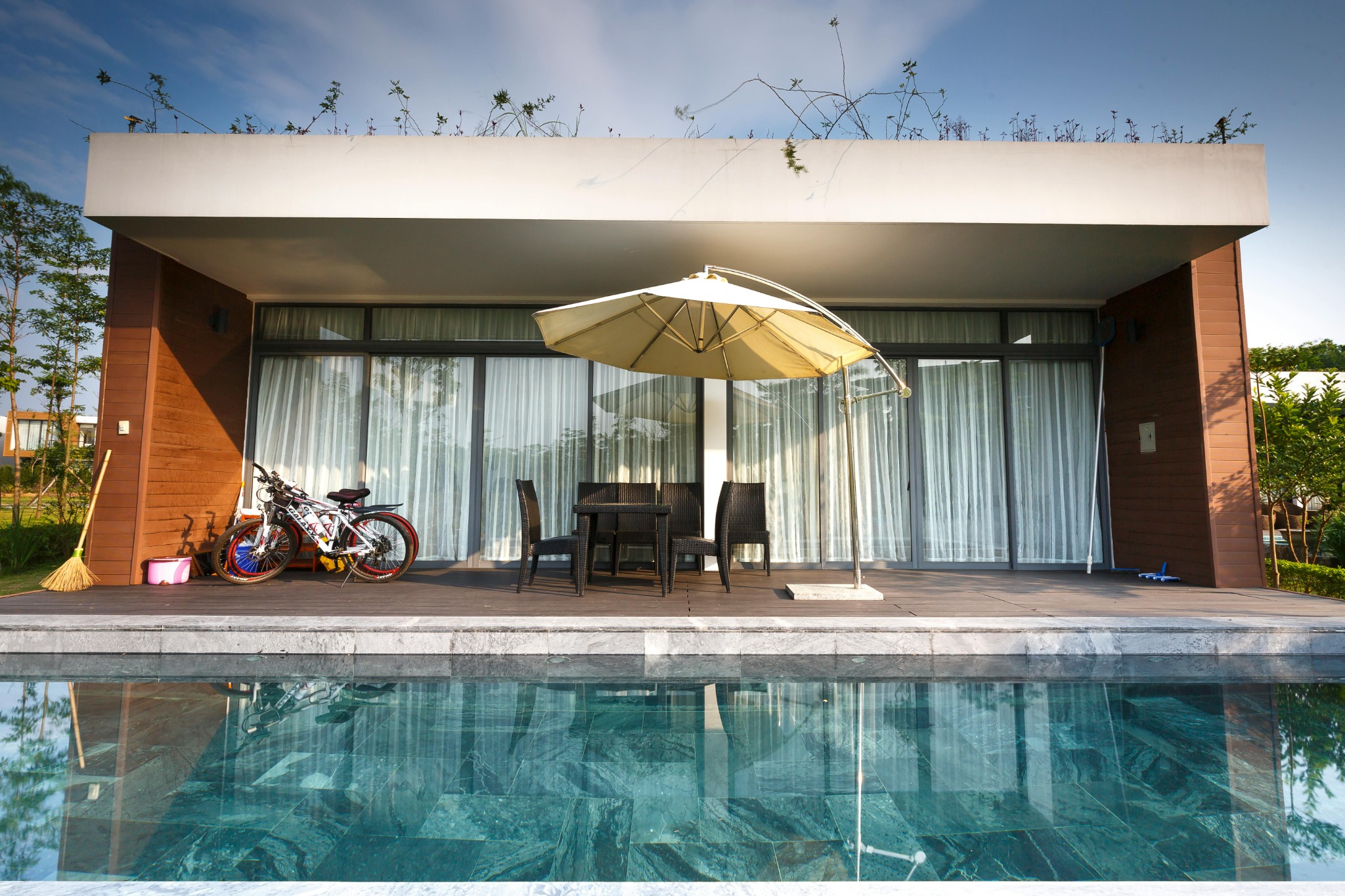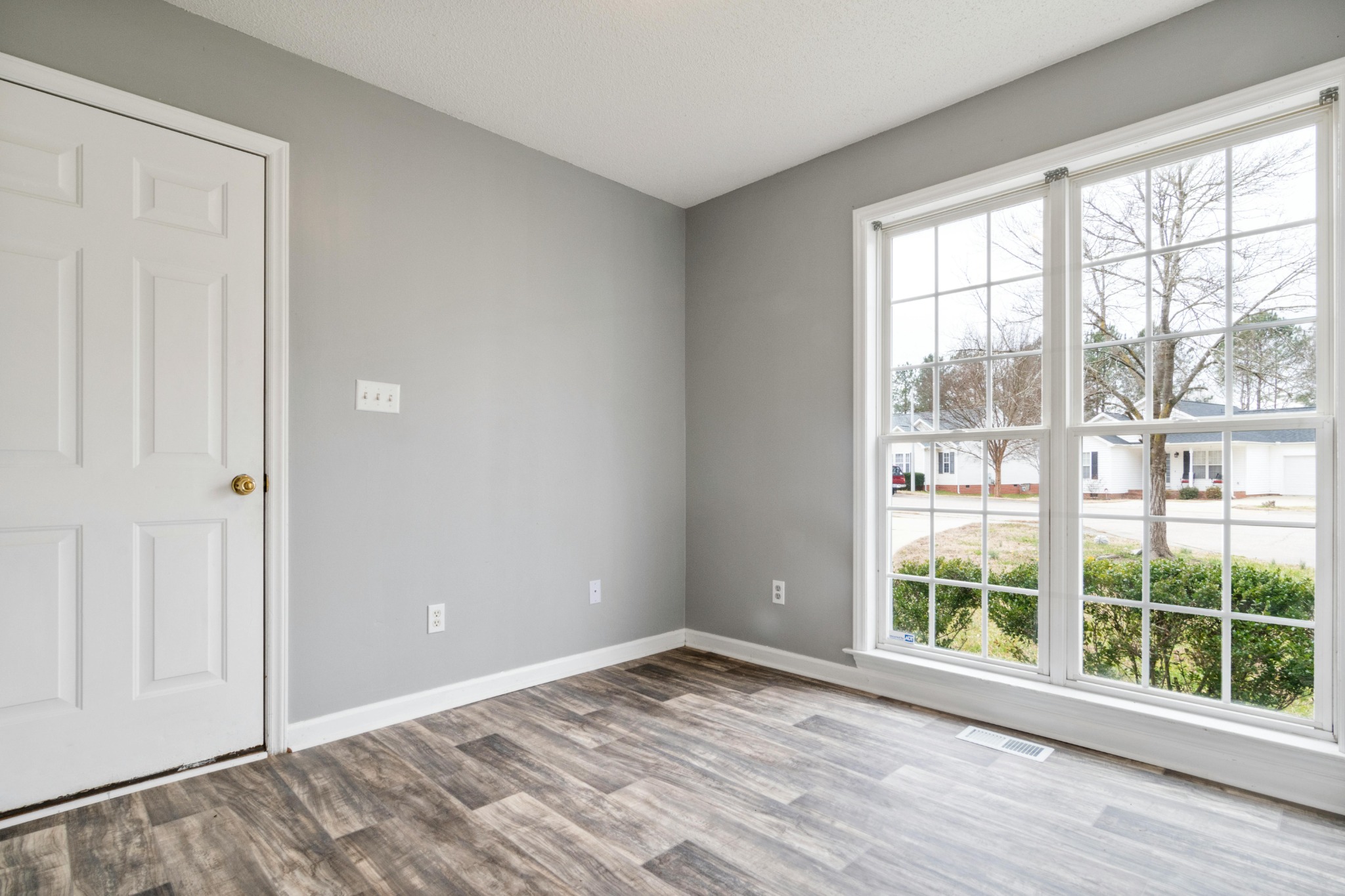10+1 Ideas to Create a Themed Vacation Rental
Transform your vacation rental with a unique theme! Explore creative ideas to make your property unforgettable for guests.

·4 min read

Get the right vacation rental insurance to safeguard your property from risks. Find out what’s covered, what’s not, and how to select the best policy for peace of mind.
Owning a vacation rental can be incredibly rewarding, but it also comes with its fair share of risks. While we all love the idea of happy guests leaving glowing reviews, we can't ignore the possibility of things going wrong—a broken window, water damage, or even a legal dispute. This is where vacation rental insurance comes into the frame to act as your safety net.
In this article, we'll explain vacation rental insurance, why you need it as a host, what it covers (and what it doesn't), and a few tips to ensure your property is well protected. This way, you can focus on giving your guests a five-star experience without worrying about any potential nightmares.
Vacation rental insurance is a protection policy designed specifically for short-term rental properties. It's not your standard homeowner's insurance—those usually don't cover the risks that come with renting out your property to guests. Think of it as a mix of homeowner's and business insurance, protecting you from property damage and liability.
For example, if your guest accidentally causes a kitchen fire or trips and injures themselves on a loose rug, short-term rental insurance steps in. Without it, you're stuck paying out of pocket, and let's face it, a broken vase is nothing compared to the legal fees of a liability lawsuit.

You might be thinking, "I have homeowner's insurance; isn't that enough?" Sadly, no. Most homeowner's insurance policies won't cover incidents related to renting your home to guests. They consider this a business activity and traditional policies tend to exclude business-related claims. This gap in coverage is where short-term rental insurance shines. Here's why you, as a host, need it:

While policies vary depending on the provider, most vacation rental insurance policies cover the following:

Of course, no policy covers everything. Here are a few things most policies don't cover:

When choosing a vacation rental insurance policy, it's important to compare your options. Here are a few things to consider:

Short-term rental coverage is like having a safety net in place, just in case things go wrong. While we all hope our guests leave happy and our property stays in pristine condition, life isn't always so predictable. Having a solid vacation rental insurance policy in place protects your investment and gives you the freedom to focus on growing your business.
In conclusion, vacation rental insurance might feel like an extra cost, but when unexpected issues arise, you'll be thankful to have it. And when you combine that protection with Houfy's direct booking solution, you're not just saving on platform fees but also ensuring your business runs smoothly without any middlemen. Not on Houfy yet? List your property today!
Transform your vacation rental with a unique theme! Explore creative ideas to make your property unforgettable for guests.

·4 min read
Leverage guest feedback to enhance your vacation rental. Discover actionable tips to create better experiences and boost guest satisfaction.

·4 min read
Discover how to prepare your vacation rental for Christmas with practical tips. Impress guests and boost bookings this holiday season.

·5 min read